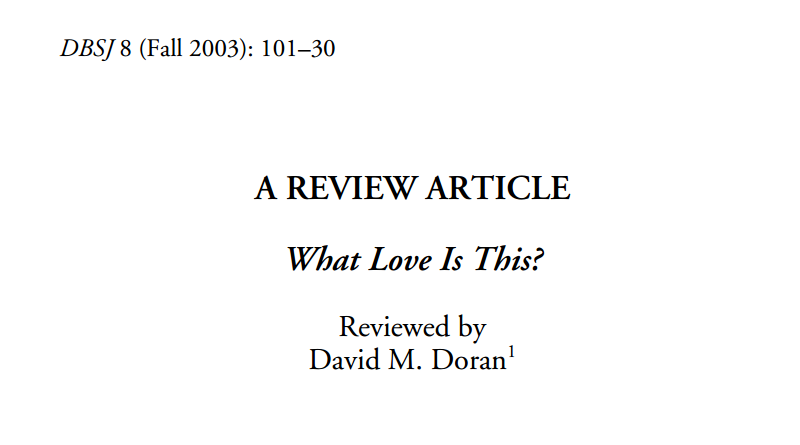How Not to Write an Argument

With the new school year in full swing and so many speech and debate students trying to figure out the basics of argumentation, I think this thoughtful reminder from David Doran is a resonant cautionary note for us all. Writing a review of Dave Hunt’s book, What Love Is This?, Doran remarks,
Hunt’s use of these quotes from men like Grady and Ruckman are evidence of a basic weakness in the entire work, namely that Hunt confuses the concepts of documentation and argumentation. He operates by the principle that providing a quote from another book or simply citing another work is actually proof of something. The thought seems to move like this: (1) Hunt makes an assertion; (2) Hunt quotes or cites someone else who said the same thing or something similar; then (3) Hunt concludes that this proves the point. But the only thing that has been proved is that someone else said the same thing that Hunt says. The result is a collection of opinion (i.e., unsubstantiated judgments), not actual argumentation. A genuine argument attempts to prove some point by means of reasons and evidence. Much of Hunt’s documentation merely makes assertions without providing reasons and evidence. This is the manner, for example, in which Augustine is labeled a Roman Catholic, and the King James Version is declared to have Calvinistic errors.
A good professor will quickly tell you that the presence of an abundance of endnotes does not guarantee thorough research and scholarship. It is not the quantity of documentation that ultimately matters; it is the quality and accurate use of documentation that determines the thoroughness of the research. Dave Hunt has succeeded in citing many sources, but some (many?) of these he never actually saw, some of them are almost impossible to verify, some of them are unreliable sources, and many of them add nothing to the argument.
Doran, David M., A REVIEW ARTICLE: What Love Is This?, DBSJ 8 (Fall 2003): 101–30

Member discussion